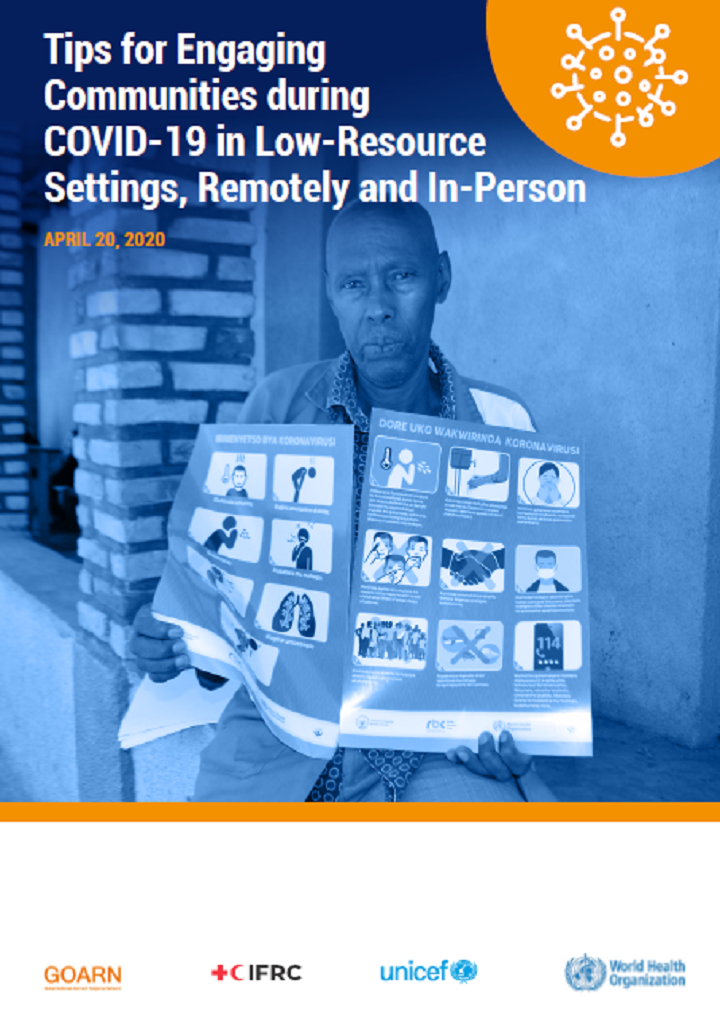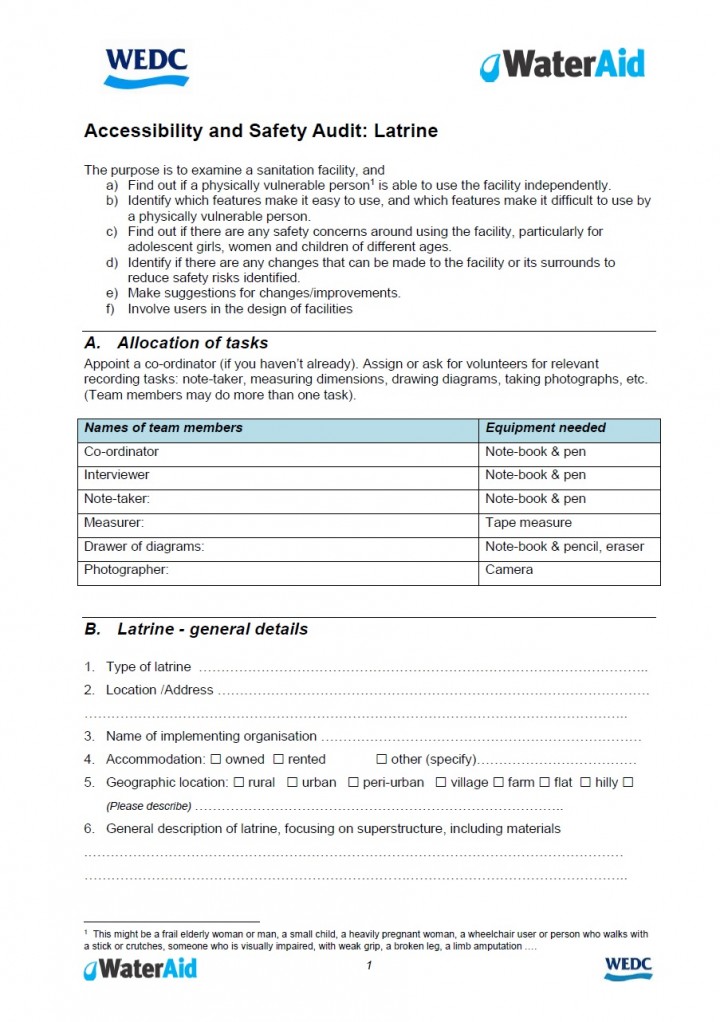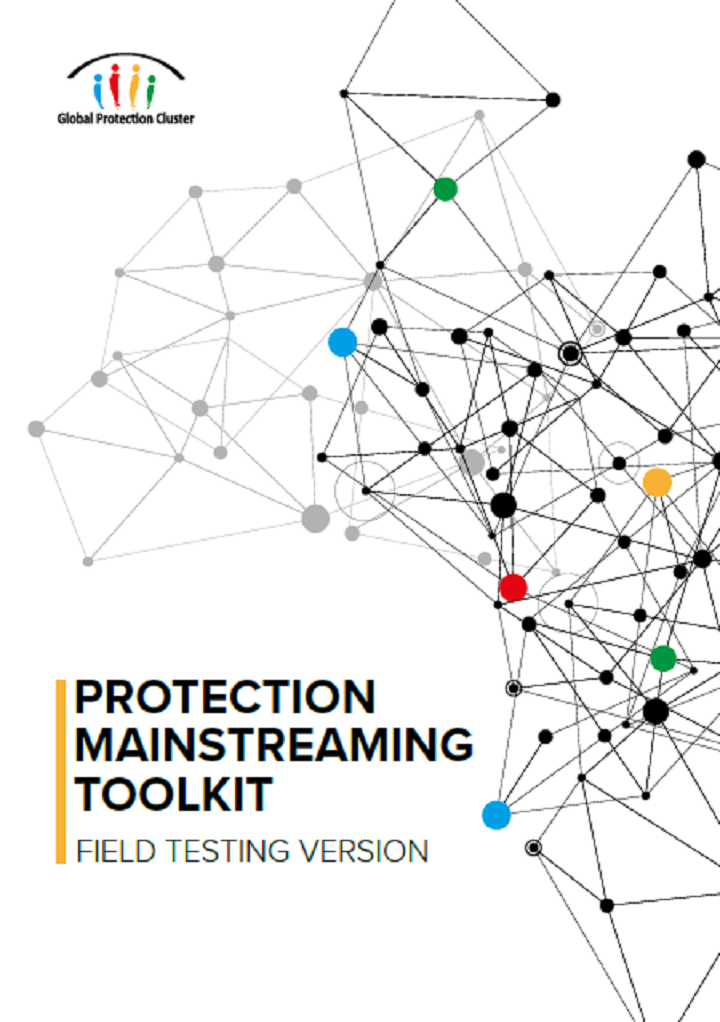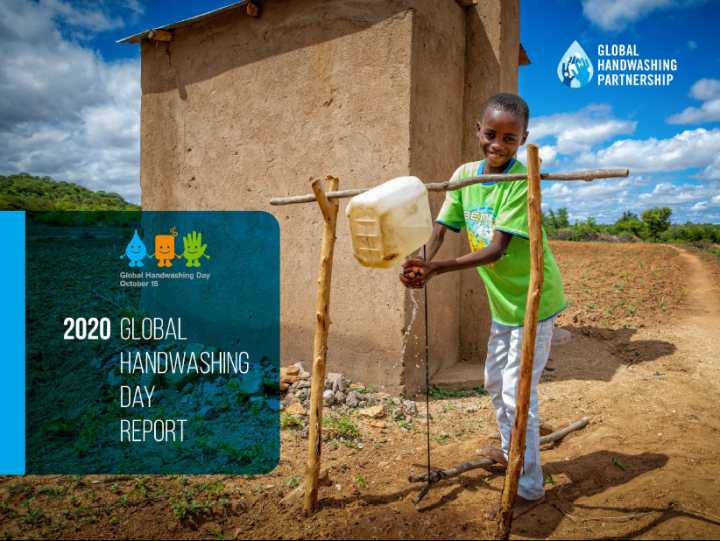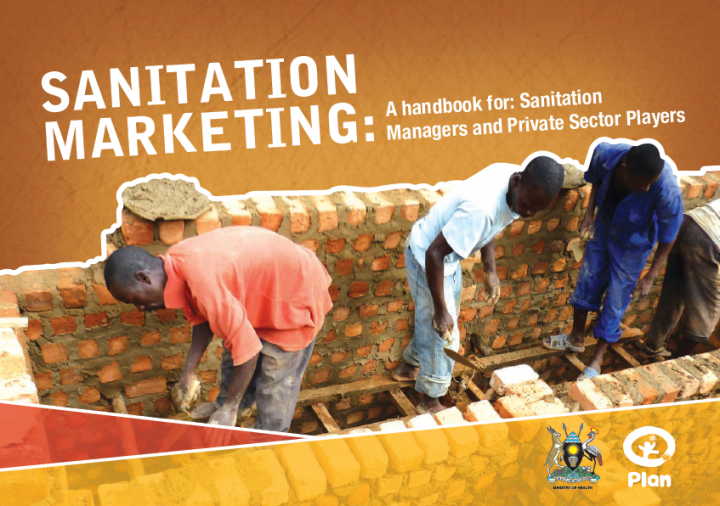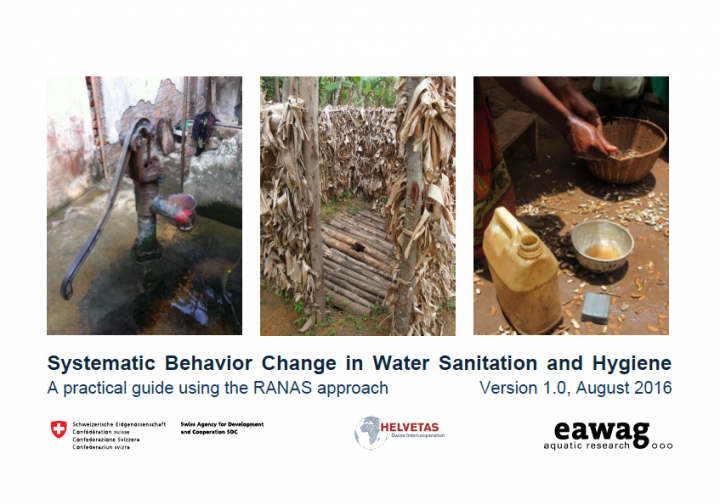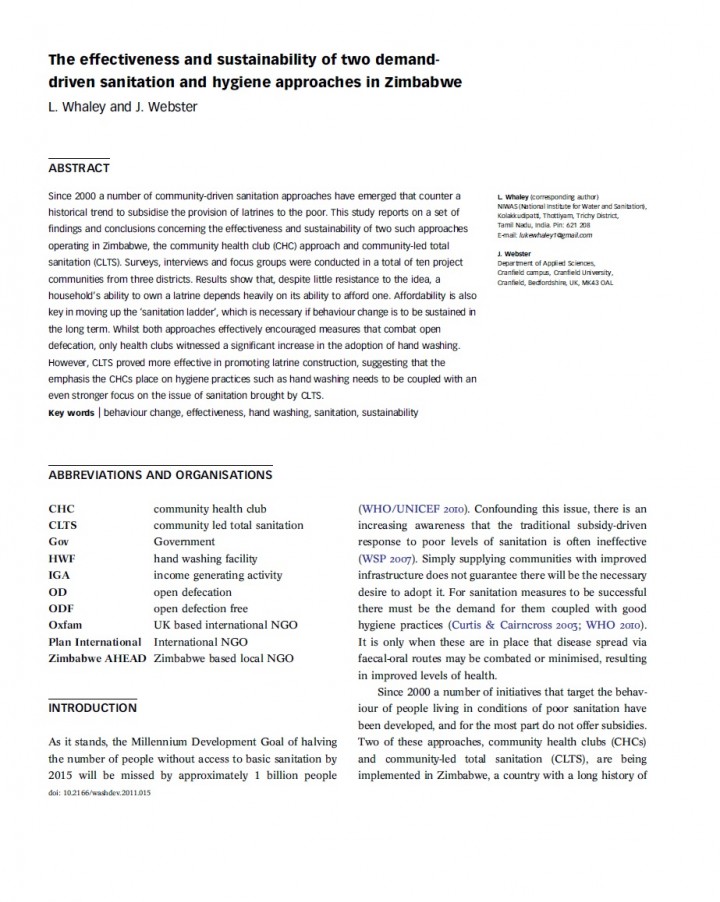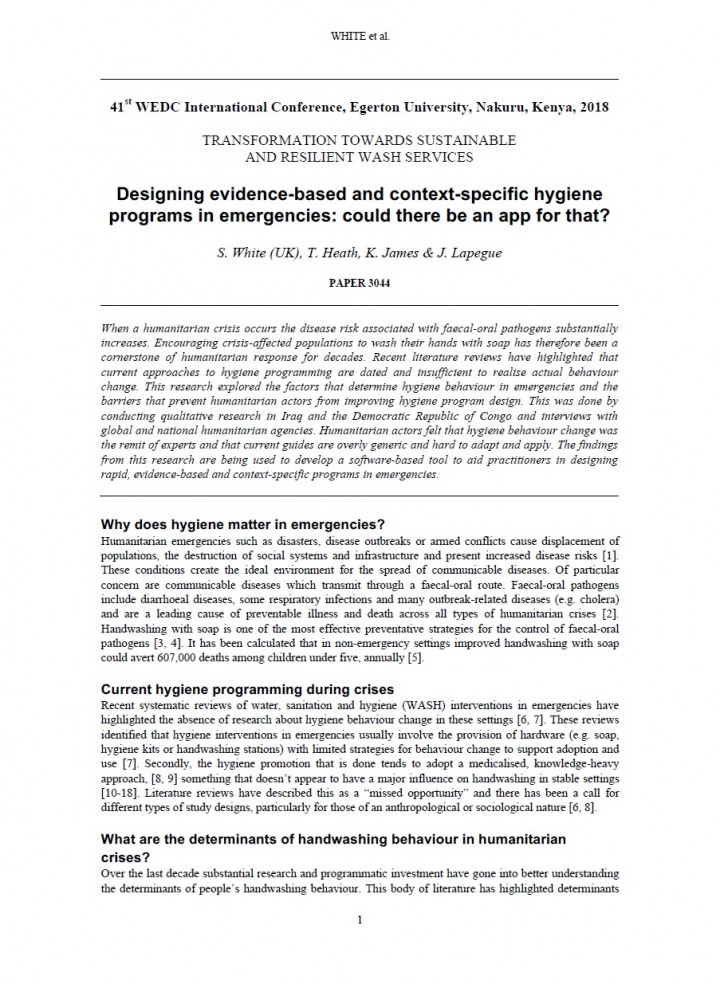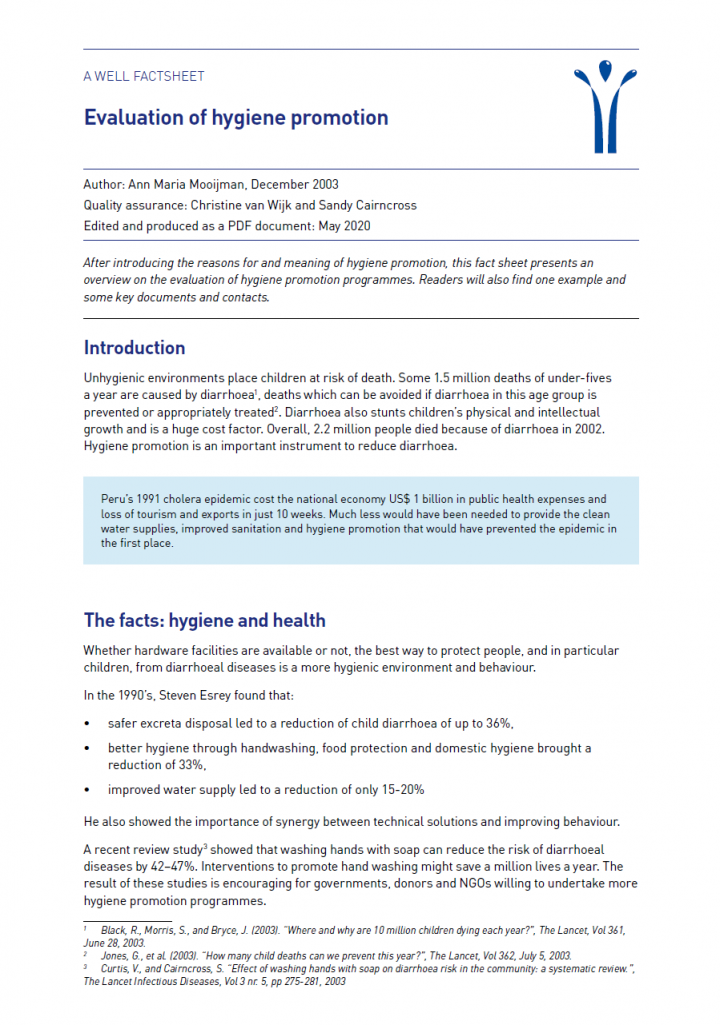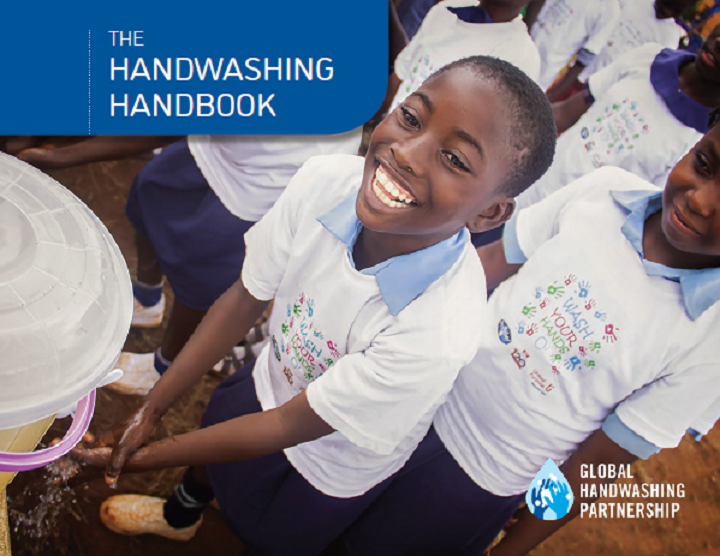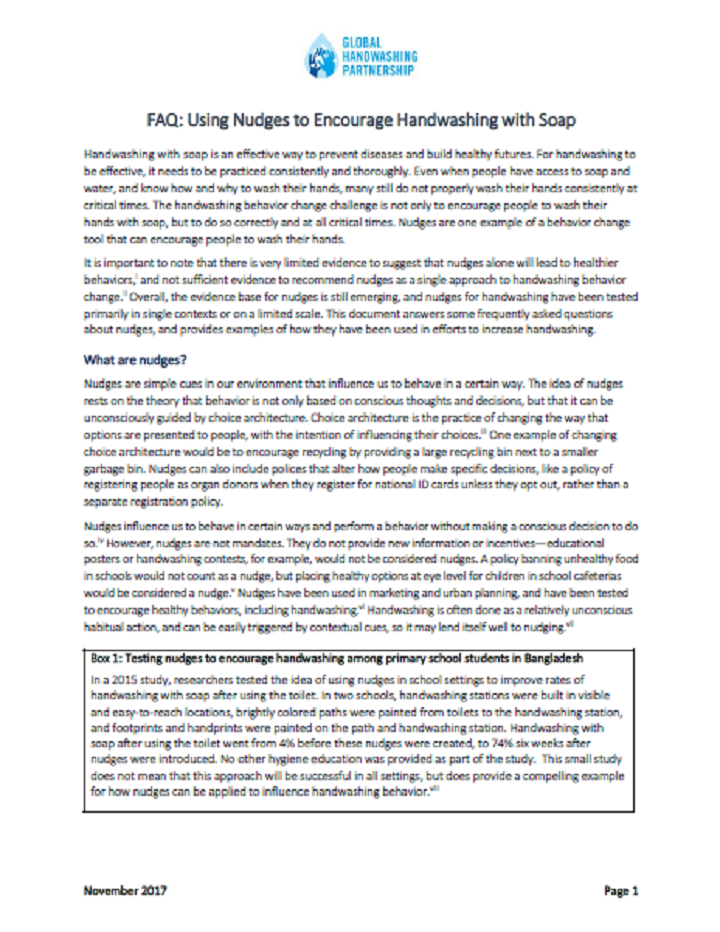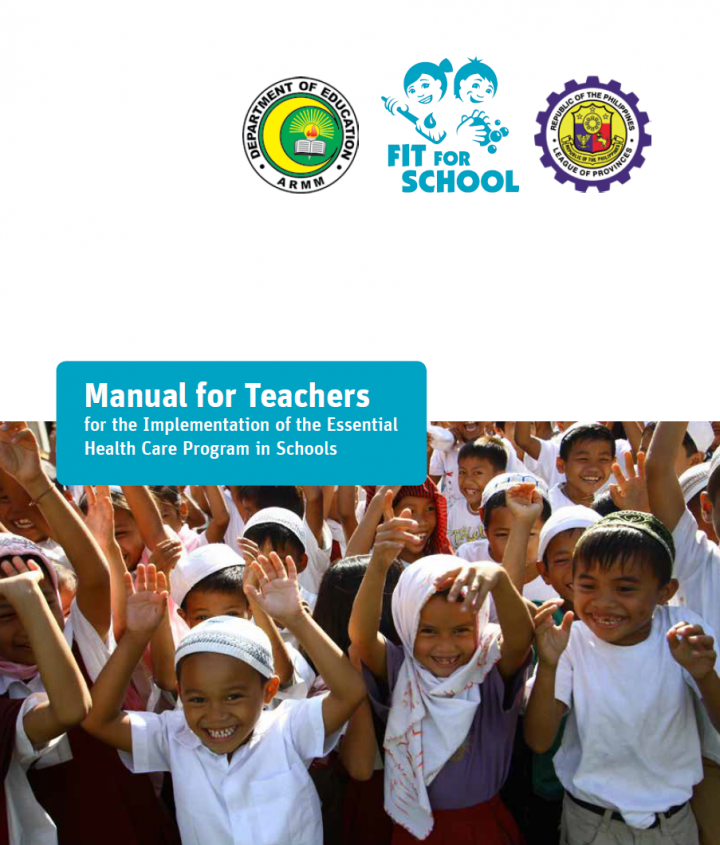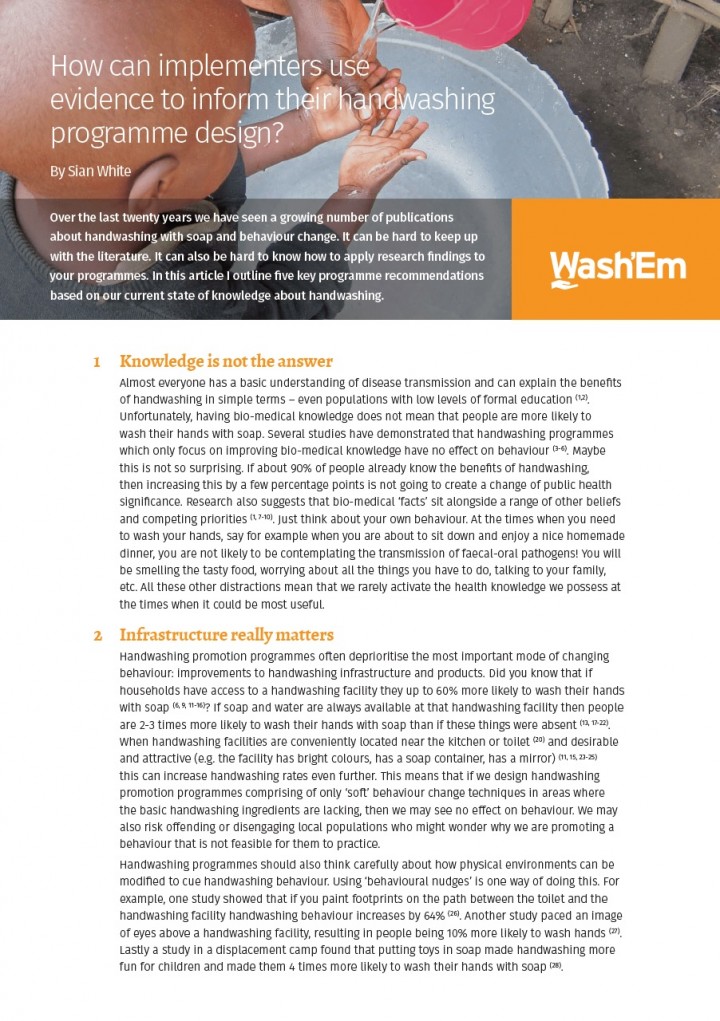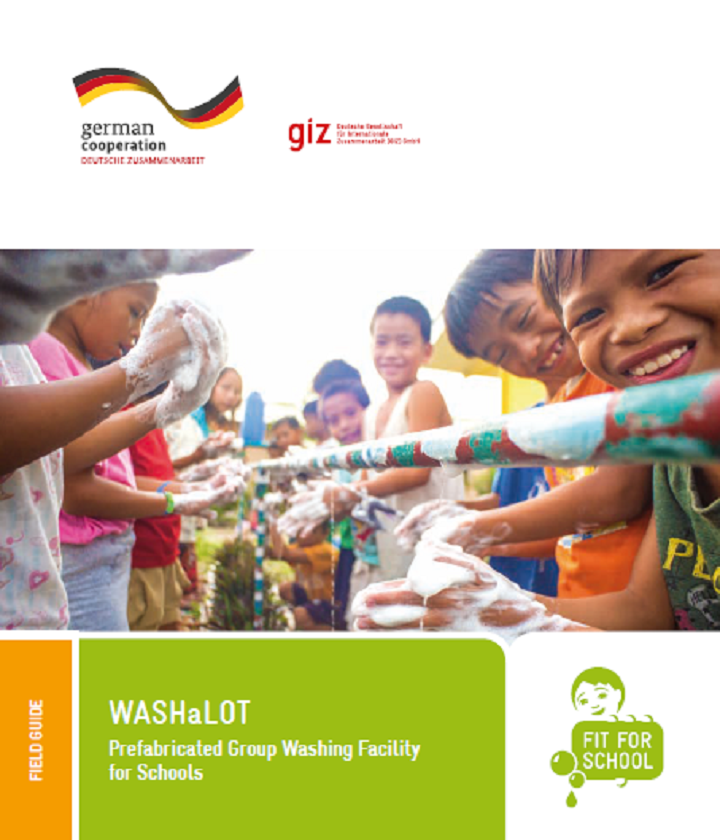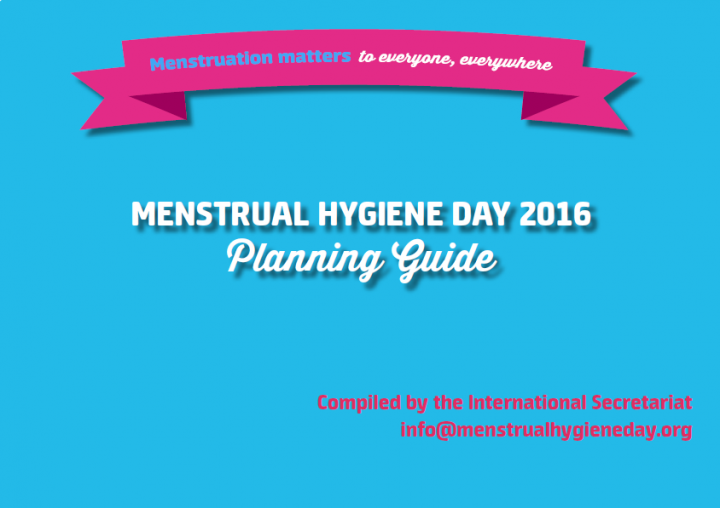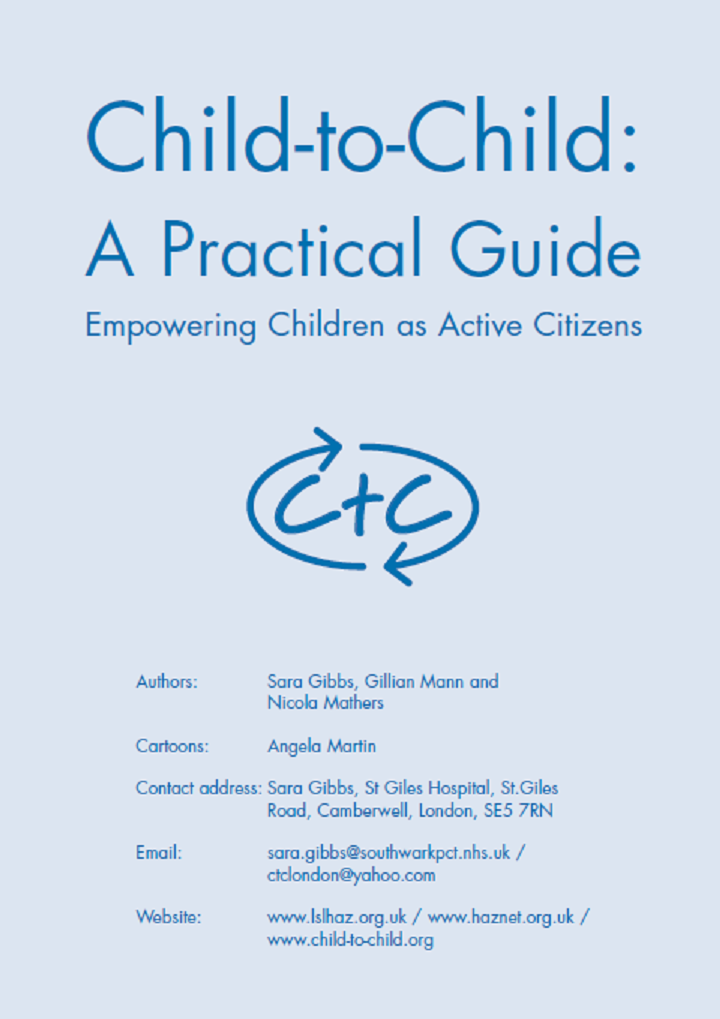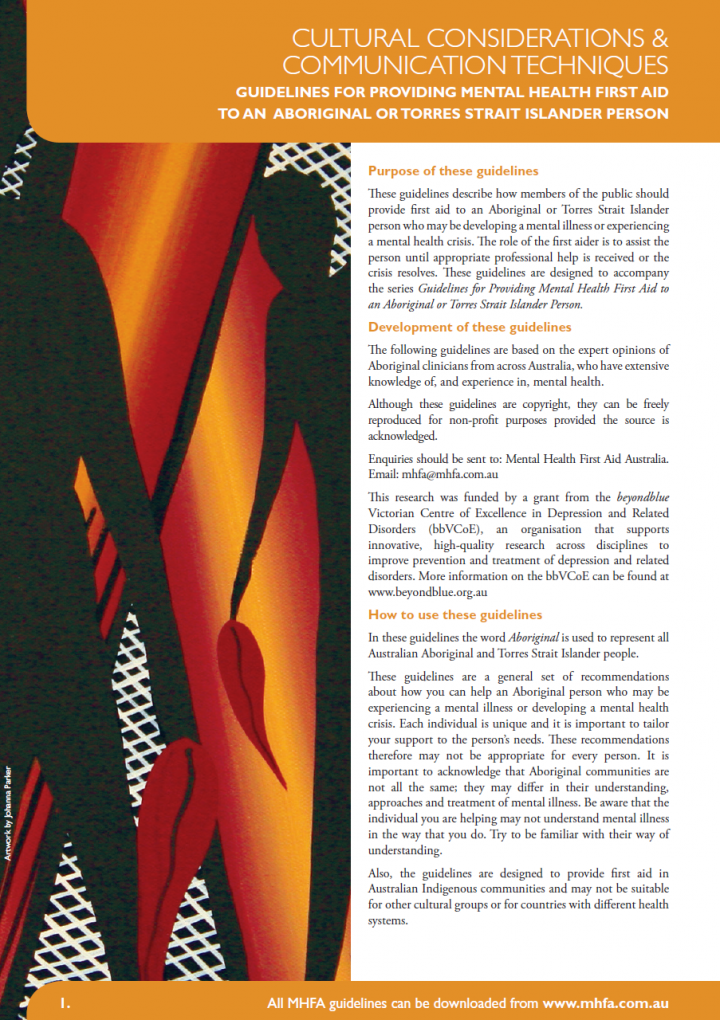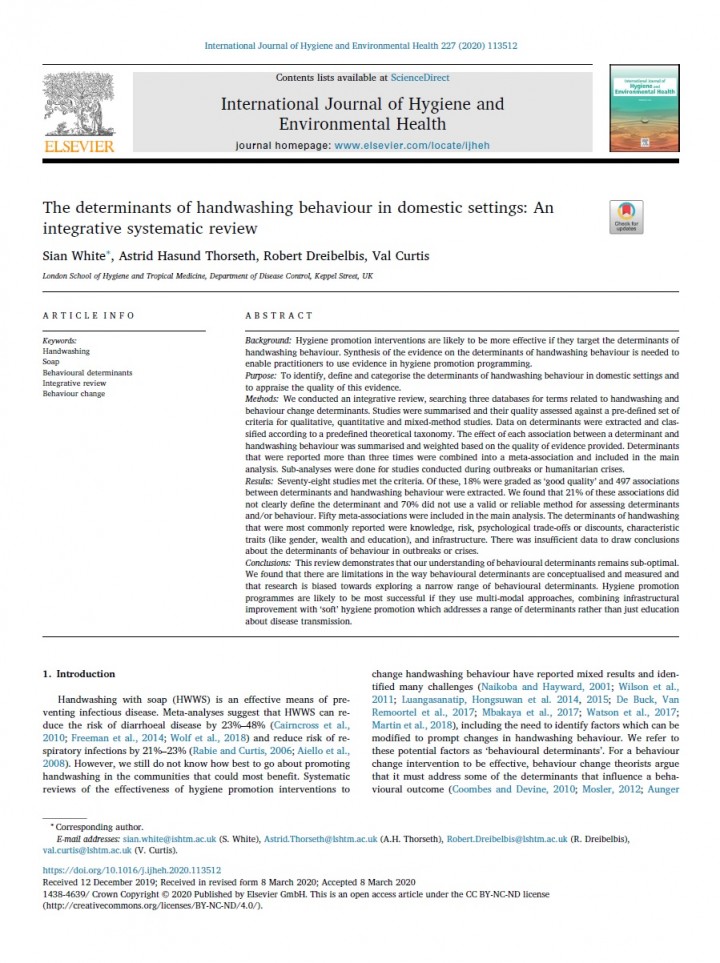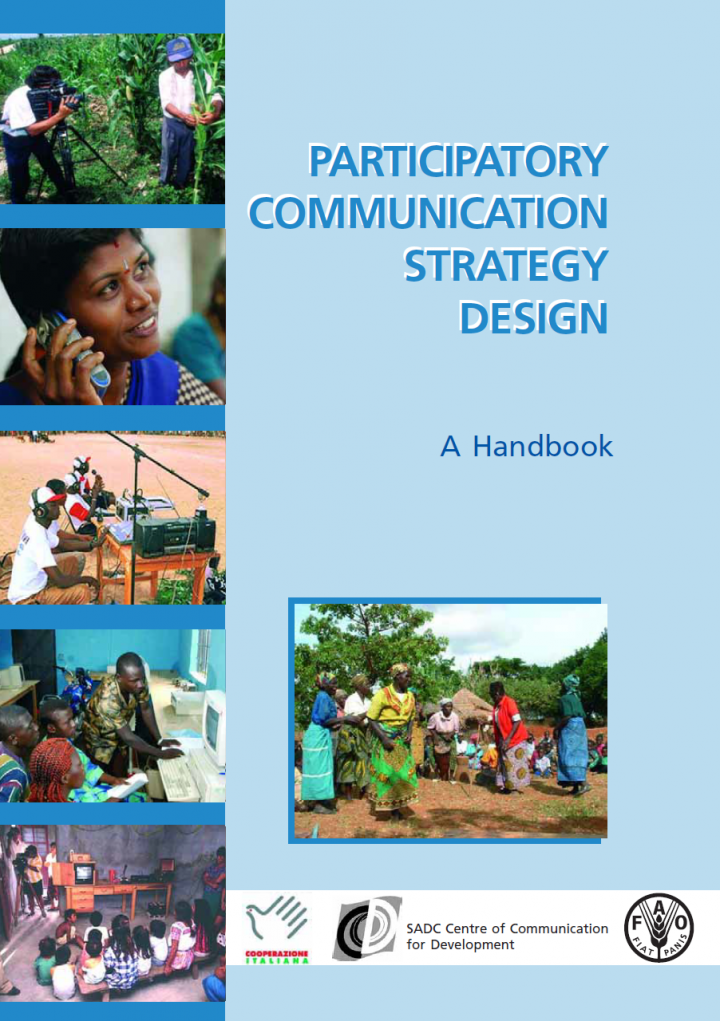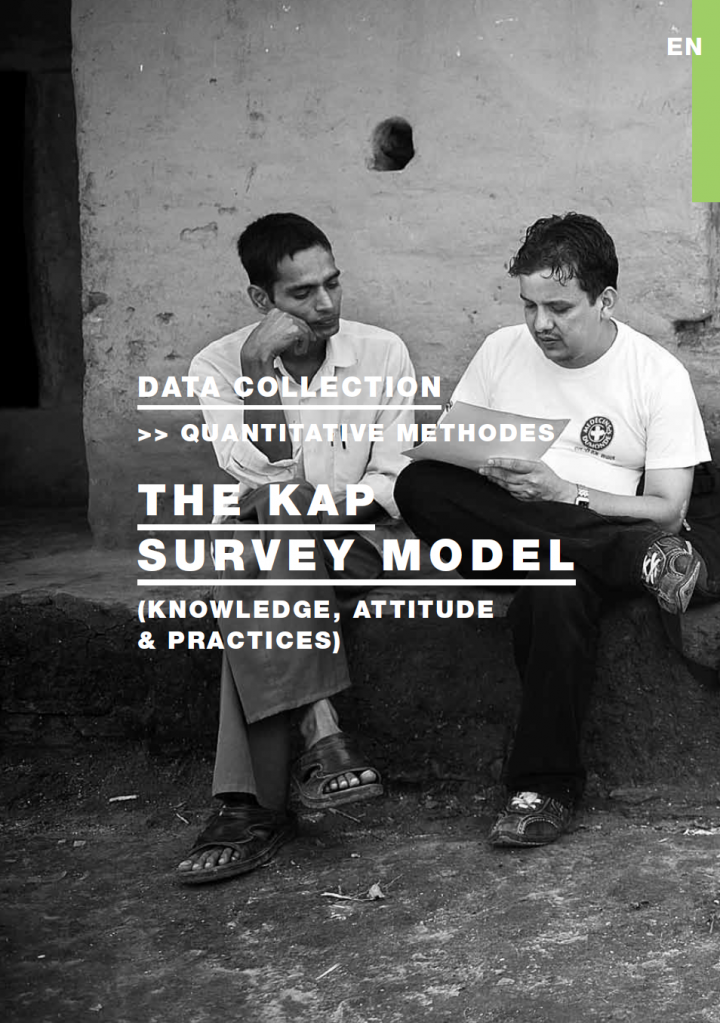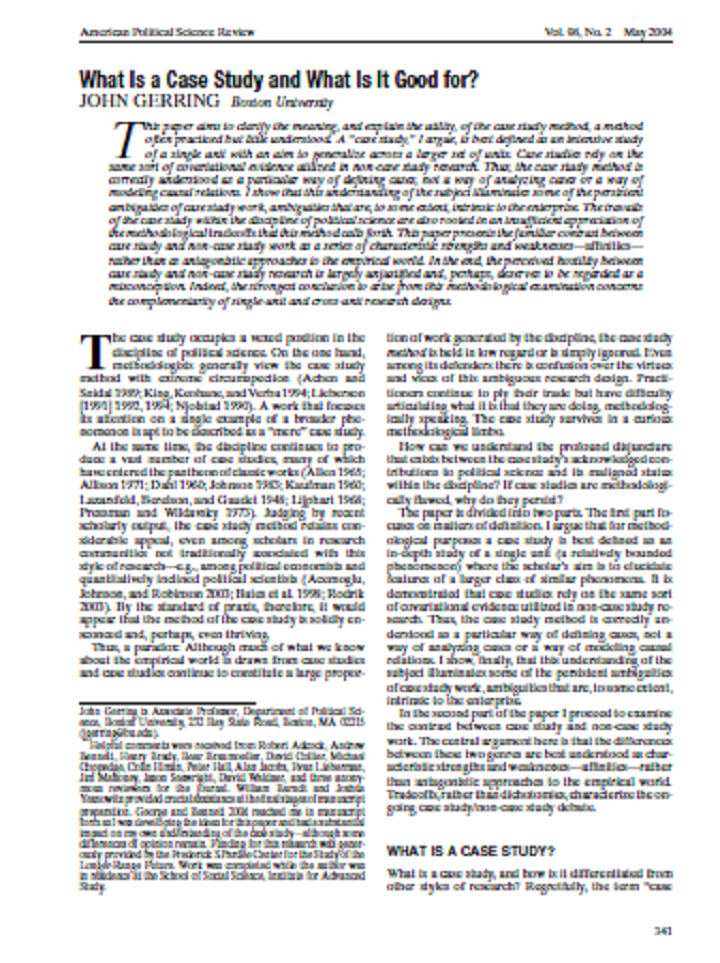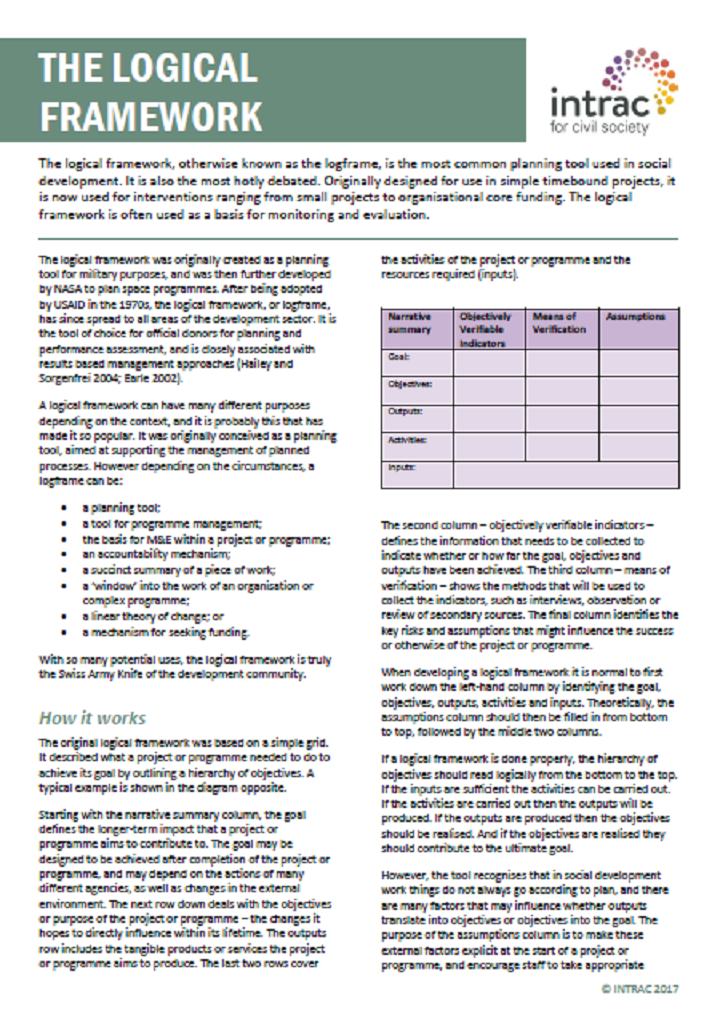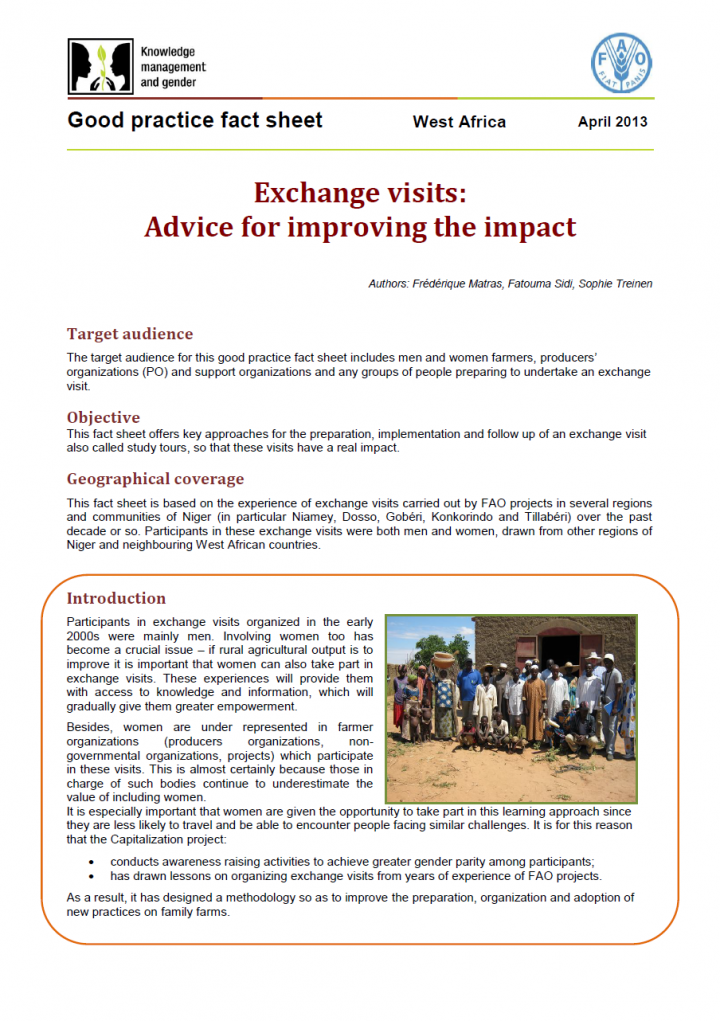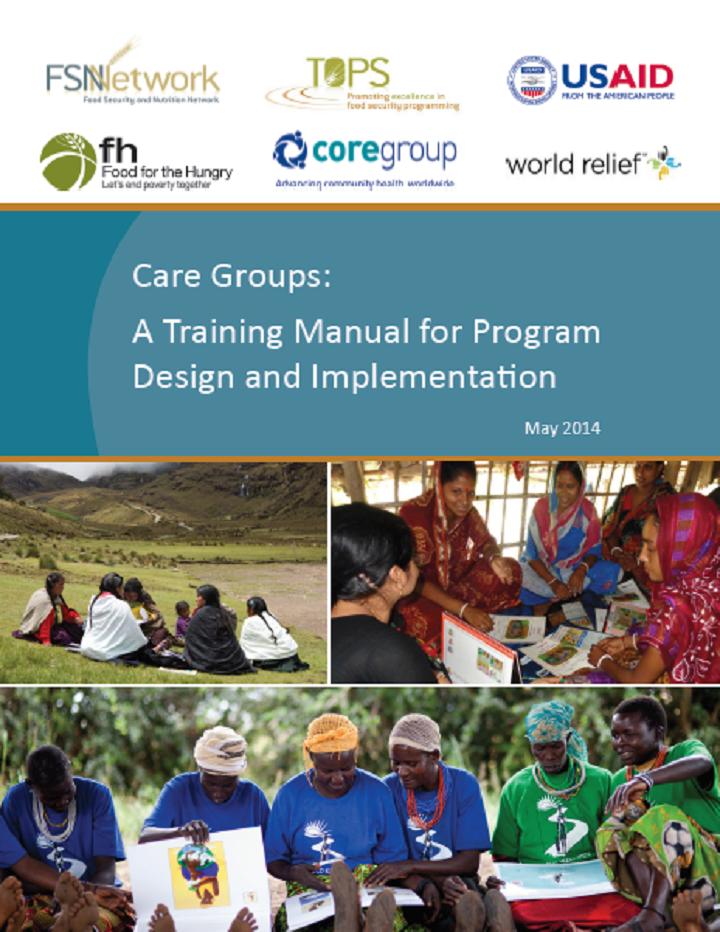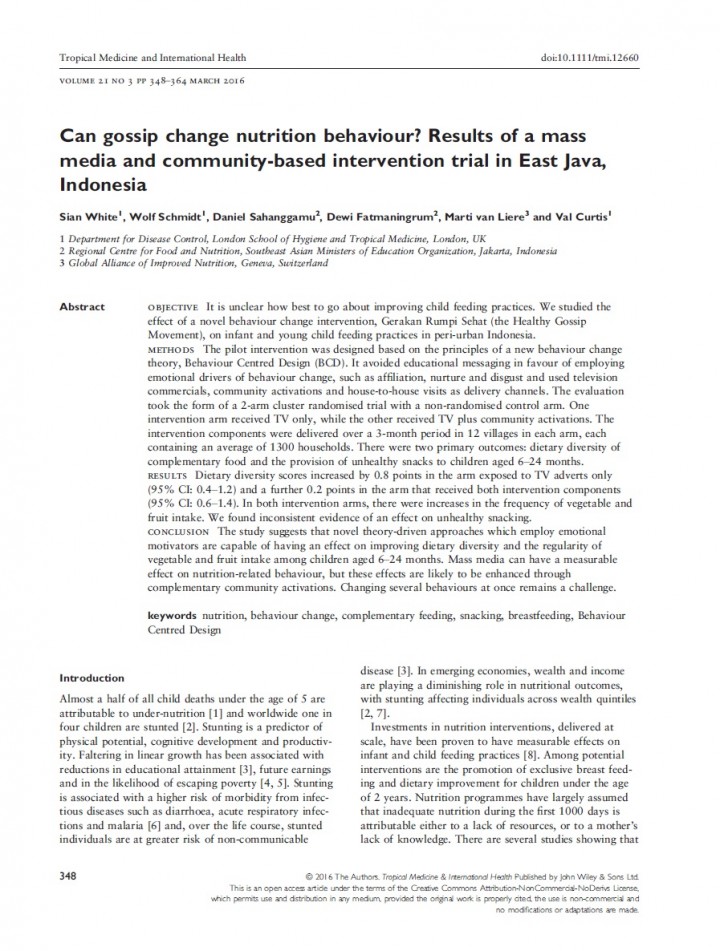Searching for information on Sanitation Workers?
The Sanitation Workers Knowledge + Learning Hub is the best source for all current news, trends, articles and updates on sanitation workers rights around the world.
This brief provides key considerations for engaging communities on COVID-19 and tips for how to engage where there are movement restrictions and physical distancing measures in place, particularly in low-resource settings. It is designed for non-governmental organizations (NGOs), UN agencies, government agencies, and other humanitarian and implementing actors working on health promotion, risk …
The purpose is to examine a sanitation facility, and
a) Find out if a physically vulnerable person1 is able to use the facility independently.
b) Identify which features make it easy to use, and which features make it difficult to use by
a physically vulnerable person.
c) Find out if there are any safety concerns around using the facility, particularly for
adolescent girls, women and …
In order to address sanitation challenges, accelerate access and sustained use of latrines coupled with good hygiene practices such as hand washing Uganda’s Ministry of Health, together with Plan Uganda, has produced handbooks on sanitation marketing. The aim is to increase awareness and harness momentum for uptake of Sanitation Marketing among stakeholders such as government at policy making …
Since 2000 a number of community-driven sanitation approaches have emerged that counter a historical trend to subsidise the provision of latrines to the poor. This study reports on a set of findings and conclusions concerning the effectiveness and sustainability of two such approaches operating in Zimbabwe, the community health club (CHC) approach and community-led total sanitation (CLTS). …
When a humanitarian crisis occurs the disease risk associated with faecal-oral pathogens substantially increases. Encouraging crisis-affected populations to wash their hands with soap has therefore been a cornerstone of humanitarian response for decades. Recent literature reviews have highlighted that current approaches to hygiene programming are dated and insufficient to realise actual behaviour …
Unhygienic environments place children at risk of death. Some 1.5 million deaths of under-fives a year are caused by diarrhoea, deaths which can be avoided if diarrhoea in this age group is prevented or appropriately treated. Diarrhoea also stunts children’s physical and intellectual growth and is a huge cost factor. Overall, 2.2 million people died because of diarrhoea in 2002. Hygiene …
This handbook is based on the experience of the Global Handwashing Partnership and presents best practices and new concepts to improve the uptake of handwashing. This handbook updates the approaches shared in the previous Handwashing Handbook, which was published in 2005 by the World Bank with support from the partners of the Global Public-Private Partnership for Handwashing (PPPHW), the original …
Handwashing with soap is an effective way to prevent diseases and build healthy futures. For handwashing to be effective, it needs to be practiced consistently and thoroughly. Even when people have access to soap and water, and know how and why to wash their hands, many still do not properly wash their hands consistently at critical times. The handwashing behavior change challenge is not only to …
Education and health go hand in hand. Children need to be healthy to be fit for school. Sadly, too many children in the Philippines are afflicted by everyday ailments that impact largely on their physical and mental development and limit them from getting the most from their education. The majority of Filipino children very often suffers from worm infections, severe tooth decay and from …
The simple hygiene habits of handwashing with soap and toothbrushing significantly contribute to the health and well-being of children and should be part of their education. While the idea of teaching handwashing and toothbrushing in schools has been around for decades, the actual practice of these activities has been hindered by long queues around the washing station. The concept of building …
These guidelines describe how members of the public should provide first aid to an Aboriginal or Torres Strait Islander person who may be developing a mental illness or experiencing a mental health crisis. The role of the first aider is to assist the person until appropriate professional help is received or the crisis resolves. These guidelines are designed to accompany the series Guidelines for …
Background: Hygiene promotion interventions are likely to be more effective if they target the determinants of handwashing behaviour. Synthesis of the evidence on the determinants of handwashing behaviour is needed to enable practitioners to use evidence in hygiene promotion programming.
Purpose: To identify, define and categorise the determinants of handwashing behaviour in domestic settings …
This Handbook has been prepared as a training and field guide for designing, implementing and managing communication strategies for development purposes based on the results of field Participatory Rural Communication Appraisal (PRCA). The book is a follow up to Participatory Rural Communication Appraisal: Starting with the People. As a logical continuation of the intervention initiated through …
The aim of this paper is to present the different steps and rules for the preparation and implementation of quantitative surveys which must be rigorously implemented in order to make full use of the results (i.e. capturing representative data, applicable to the entire population).
This paper aims to clarify the meaning, and explain the utility, of the case study method, a method often practiced but little understood. A “case study,” I argue, is best defined as an intensive study of a single unit with an aim to generalize across a larger set of units. Case studies rely on the same sort of covariational evidence utilized in non-case study research. Thus, the case study …
The logical framework, otherwise known as the logframe, is the most common planning tool used in social development. It is also the most hotly debated. Originally designed for use in simple timebound projects, it is now used for interventions ranging from small projects to organisational core funding. The logical framework is often used as a basis for monitoring and evaluation.
Introduction: Participants in exchange visits organized in the early 2000s were mainly men. Involving women too has become a crucial issue – if rural agricultural output is to improve it is important that women can also take part in exchange visits. These experiences will provide them with access to knowledge and information, which will gradually give them greater empowerment. Besides, women …
This manual was developed as a training resource for designing, training, implementing and monitoring Care Group (CG) programs. It seeks to help CG approach implementers to clearly understand the structure of the CG approach, how to establish CGs, how to monitor the work of CGs and assess their impact, and how to maintain the quality of the approach through supportive supervision and quality …
Objective: It is unclear how best to go about improving child feeding practices. We studied the effect of a novel behaviour change intervention, Gerakan Rumpi Sehat (the Healthy Gossip Movement), on infant and young child feeding practices in peri-urban Indonesia. Methods: The pilot intervention was designed based on the principles of a new behaviour change theory, Behaviour Centred Design (BCD). …

